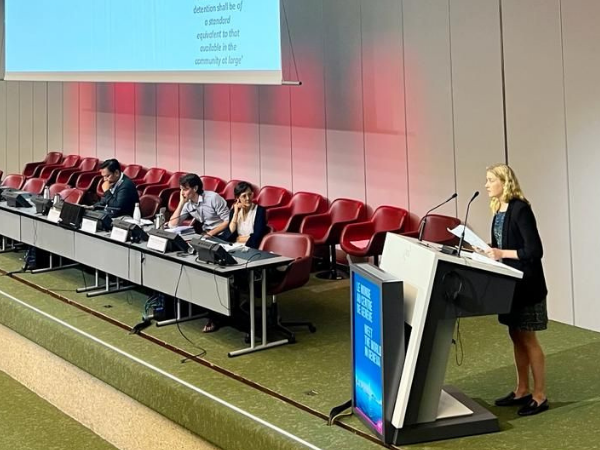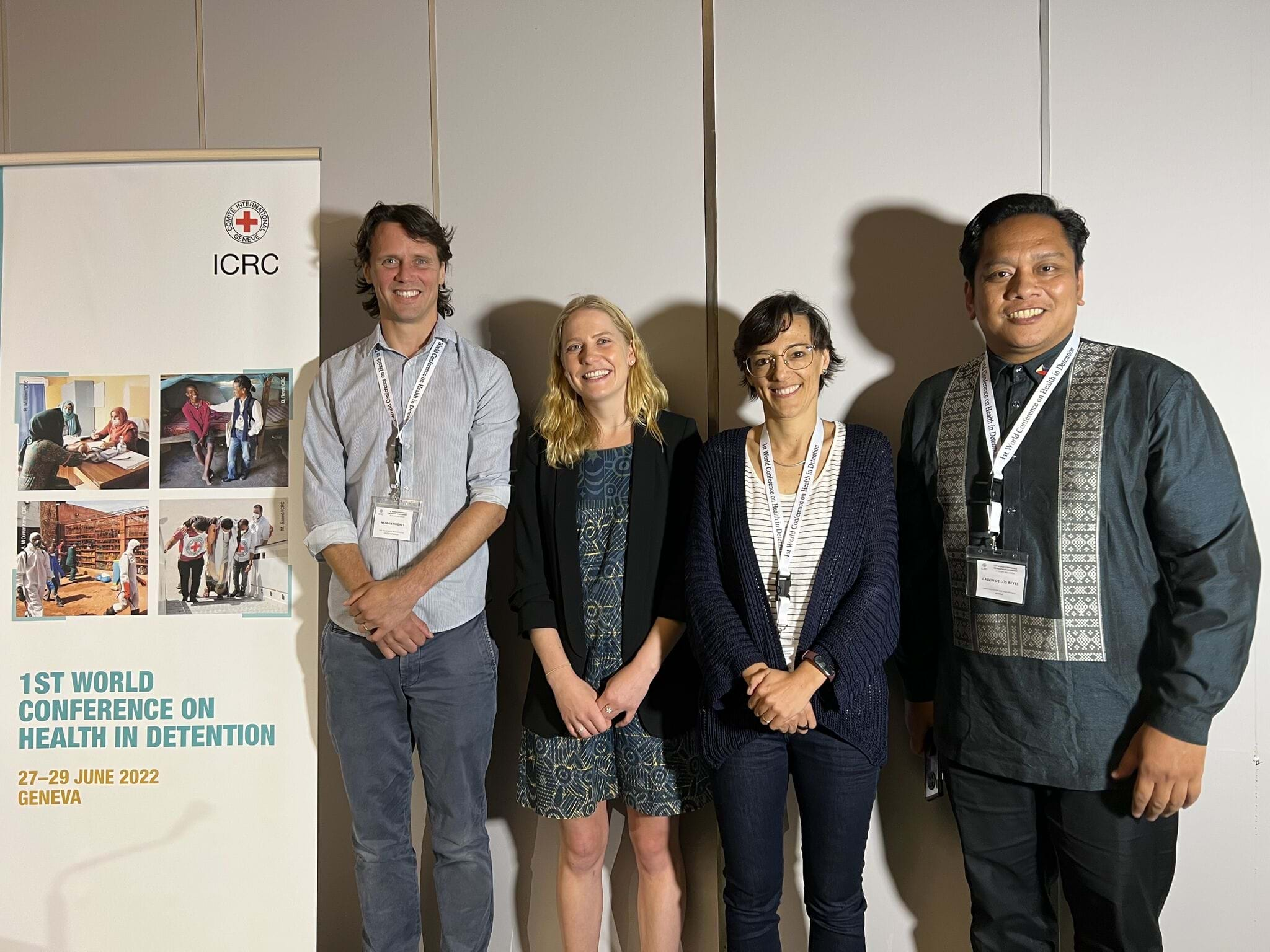12 - 08 - 2022
Join us for this week's roundup of inspiring Scholar news...
Left to right: Jillian Kilby, 2013 BHP John Monash Scholar; Mike Henry, CEO BHP; Annemarie Rolls, CEO General Sir John Monash Foundation; Maja Arsic, 2017 BHP John Monash Scholar; Kay Song, 2019 BHP John Monash Scholar
The General Sir John Monash Foundation is celebrating 10 years of partnership with BHP announcing a five-year partnership renewal to support the Foundation’s postgraduate scholarships program.
BHP’s long commitment and dynamic partnership is of integral importance to the support and development of our future leaders, helping them to deliver outcomes that inspire and benefit Australia and beyond. BHP’s investment equates to close to $4m since the partnership began. Read more here.
Conversations around disability are gaining momentum and all for significant reasons, and one of those reasons is InLife, a passionate not-for-profit organisation determined to break down everyday barriers and positively transform the experience of disability support. David Clarke, 2007 John Monash Scholar is CEO of InLife, founding the organisation back in 2015.
Earlier this week, a celebration of Team InLife was held at the MCG – one of the most accessible venues in Melbourne – to pay tribute to the contribution of the InLife community. To celebrate this special event, we spoke with David to learn more about the history and purpose behind InLife. Read the story here.
|
Holli Sargeant, 2021 BHP John Monash Scholar, presented a paper titled: Transparency, Governance and Regulation of Algorithmic Tools Deployed in the Criminal Justice System; a UK Case Study at the Fifth AAAI/ACM Conference on Artificial Intelligence, Ethics & Society in Oxford, UK.
This paper presents a survey of tools used in the criminal justice system in the UK and correlated principles required to ensure their lawful and ethical deployment. For example, Holli identifies AI used in all stages of criminal justice so data collected for ‘algorithmic policing’ (like hotspot identification) may one day be used in sentencing or probation decisions. It concludes by evaluating recent recommendations proposed in the UK.
“Without clear legislation and duties on the police force to create trustworthy AI, there is a material risk of discrimination being perpetuated,” Holli said.
Holli is a solicitor committed to the lawful design and deployment of emergent technologies, such as artificial intelligence in corporate and government decision-making. She is particularly passionate about ensuring that artificial intelligence does not entrench discrimination or bias. With her John Monash Scholarship, Holli is pursuing a PhD in Law at the University of Cambridge where her research will focus on the legal and ethical design and governance of artificial intelligence.
Closer ties with Indonesia benefit both nations
Image: Australian Prime Minister Anthony Albanese and President of Indonesia Joko Widodo walk their bicycles during a ride around the grounds of Bogor Palace, Indonesia.
Australia’s regional role is often seen through the lens of our trade with China and alliance with the US. Andrew Hudson , 2005 John Monash Scholar, explains in his opinion piece how a closer relationship with Indonesia would provide a more direct role in the Asia-Pacific.
“At a recent G20 event on clean energy finance in Jakarta co-hosted by the Centre for Policy Development, I said that if Australia and Indonesia can decarbonise, any nation can. At the same event, Indonesian Energy Minister Arifin Tasrif indicated that the nation will seek US$1 trillion in capital investment in climate transition between now and 2060. This represents an extraordinary opportunity for Australian investment and trade.”
Andrew is an international human rights advocate with over 20 years of varied UN and international advocacy experience, currently serving as CEO of The Centre for Policy Development. Read the article here in The Australian, or view the PDF here.
for the latest news across our John Monash Scholar community








